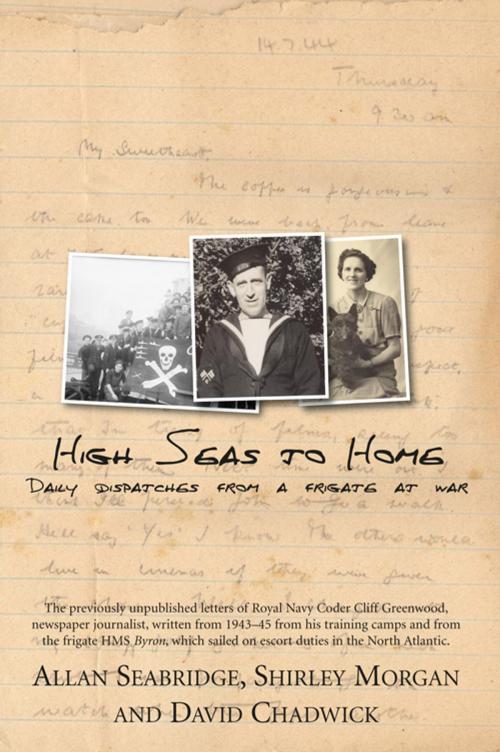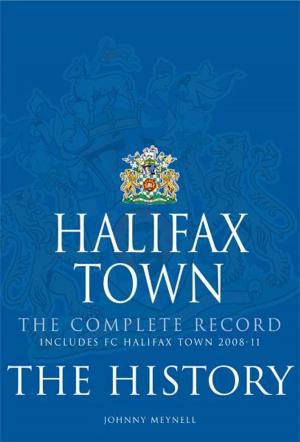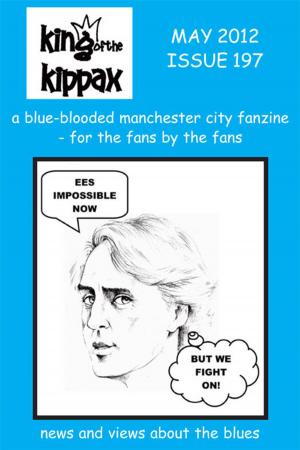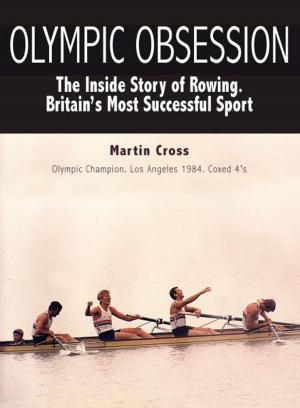| Author: | David Chadwick; Allan Seabridge; Shirley Morgan | ISBN: | 9781781561706 |
| Publisher: | JMD Media | Publication: | October 16, 2012 |
| Imprint: | Language: | English |
| Author: | David Chadwick; Allan Seabridge; Shirley Morgan |
| ISBN: | 9781781561706 |
| Publisher: | JMD Media |
| Publication: | October 16, 2012 |
| Imprint: | |
| Language: | English |
The conflict at sea between Allied merchant ships, their Royal Navy escorts and the German U-boats was christened the Battle of the Atlantic by Winston Churchill on 6 March 1941. Churchill said that the 'U-boat peril' was the only thing that ever really frightened him during the Second World War, but 70 years on the men who sailed on the Atlantic convoys are among the forgotten heroes of the conflict. The casualty figures underline the constant peril almost 3,000 ships were sunk by U-boat action. Reports of torpedoed vessels sinking in under a minute sent a shudder through the nation. But what was it really like? The wartime career of Coder Cliff Greenwood was called up aged 40 and in 1943 arrived at Butlins holiday camp in Skegness, Lincolnshire. During his time at war Cliff wrote almost every day, although posting his letters was not always easy. The letters are a unique insight into life on the Atlantic convoys, for Cliffs duties as a specialist Royal Navy coder meant he was involved in the transmission of coded communications between the escorting warships and their Merchant Navy charges, a role that gave him rare insights into the broader strategic picture. But as well as being a rare first-hand account of life on board a Royal Navy ship on escort duties in the North Atlantic, the letters represent a rich seam of social history.
The conflict at sea between Allied merchant ships, their Royal Navy escorts and the German U-boats was christened the Battle of the Atlantic by Winston Churchill on 6 March 1941. Churchill said that the 'U-boat peril' was the only thing that ever really frightened him during the Second World War, but 70 years on the men who sailed on the Atlantic convoys are among the forgotten heroes of the conflict. The casualty figures underline the constant peril almost 3,000 ships were sunk by U-boat action. Reports of torpedoed vessels sinking in under a minute sent a shudder through the nation. But what was it really like? The wartime career of Coder Cliff Greenwood was called up aged 40 and in 1943 arrived at Butlins holiday camp in Skegness, Lincolnshire. During his time at war Cliff wrote almost every day, although posting his letters was not always easy. The letters are a unique insight into life on the Atlantic convoys, for Cliffs duties as a specialist Royal Navy coder meant he was involved in the transmission of coded communications between the escorting warships and their Merchant Navy charges, a role that gave him rare insights into the broader strategic picture. But as well as being a rare first-hand account of life on board a Royal Navy ship on escort duties in the North Atlantic, the letters represent a rich seam of social history.















